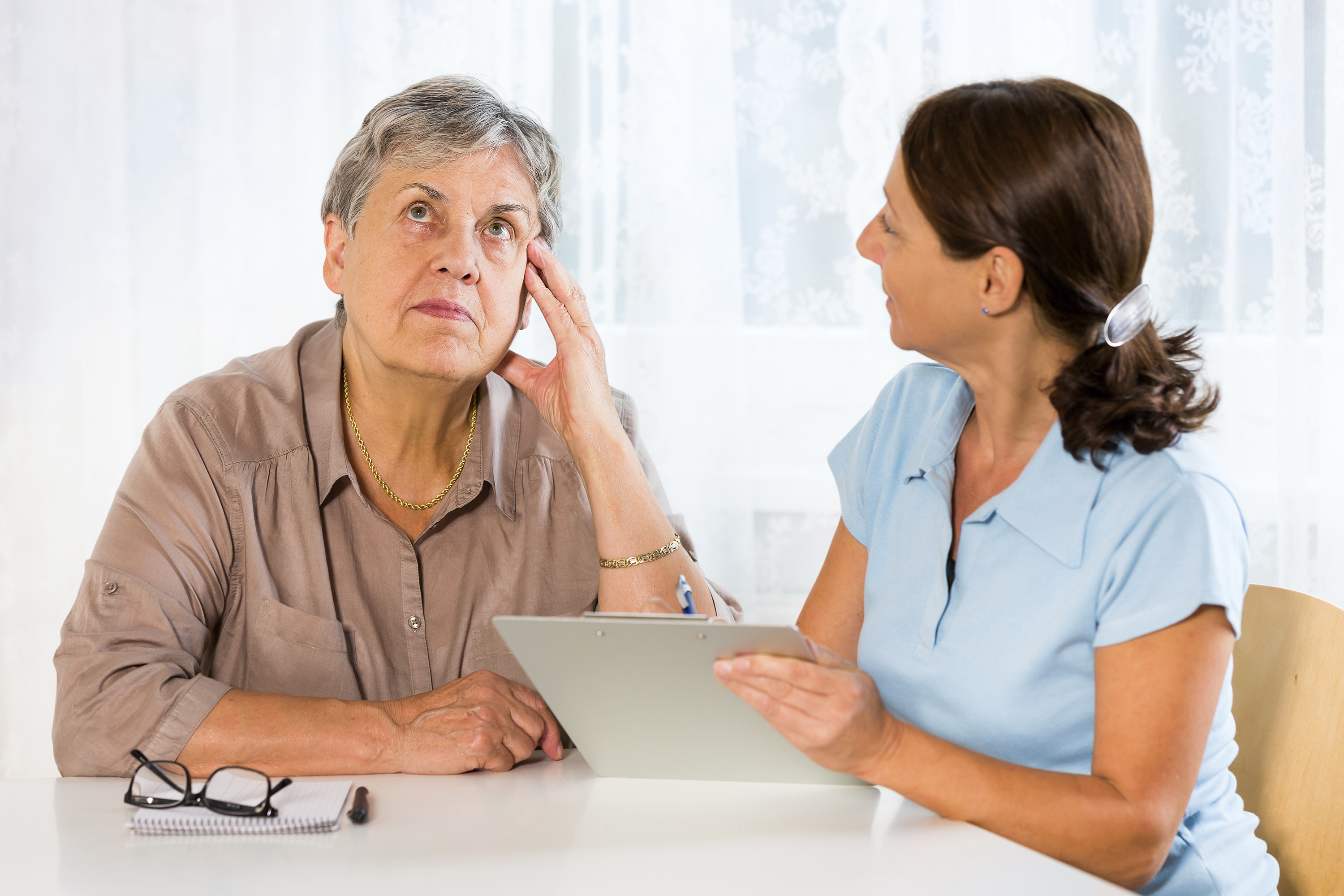As our parents age, it’s natural to worry about their well-being. Many older adults want to maintain their independence, but there comes a time when extra support is necessary to keep them safe and comfortable. Recognising the early signs that your older parent needs more help at home can prevent accidents, improve their quality of life, and provide peace of mind for the whole family.
If you’ve noticed any of the following signs, it may be time to consider additional care options.
1. Unexplained Weight Loss or Poor Nutrition
If your parent has lost weight unexpectedly, it could indicate:
- Difficulty preparing meals
- Loss of appetite due to illness, depression, or medication side effects
- Forgetting to eat or lack of access to nutritious food
What to do: Check their fridge and pantry for expired or untouched food. If meal preparation is a challenge, home care support or meal delivery services may be beneficial.

2. Changes in Personal Hygiene
Neglecting personal hygiene can be a sign of physical or cognitive decline. Look for:
- Unwashed clothes or body odour
- Unkempt hair or nails
- Difficulty managing incontinence
What to do: Gently ask if they need help with bathing, dressing, or grooming. Personal care services can help maintain hygiene and dignity.
3. Increased Forgetfulness and Confusion

Mild memory lapses are normal with age, but frequent forgetfulness can signal a more serious issue such as dementia. Watch for:
- Forgetting to take medication
- Getting lost in familiar places
- Confusing important dates or events
What to do: Monitor their daily routine and consider a medication management service or medical alert system.
4. Unpaid Bills and Financial Difficulties
If you notice unopened bills, overdue payments, or unusual purchases, your parent may be struggling with:
- Memory issues
- Vision problems
- Difficulty handling finances
What to do: Offer to help with bill payments or set up automatic banking. A home care provider can also assist with financial organisation.
5. Household Clutter and Lack of Cleanliness
A once-tidy home becoming cluttered or dirty can indicate:
- Physical challenges in keeping up with household chores
- Depression or lack of motivation
- Cognitive decline affecting their ability to manage tasks
What to do: If home maintenance is becoming too difficult, a home care assistant can help with housekeeping and decluttering.
6. Mobility Issues and Increased Fall Risk

If your parent is struggling with walking, balance, or frequent falls, they may be at serious risk of injury. Signs include:
- Difficulty getting up from a chair or bed
- Unexplained bruises or cuts
- Holding onto furniture for support
What to do: Assess their home for hazards like loose rugs and poor lighting. A mobility assessment or assistive devices like grab bars and walkers may help.
7. Withdrawal from Social Activities
Isolation can lead to depression and other health concerns. Signs include:
- Avoiding phone calls or visits
- Lack of interest in hobbies or outings
- Expressing feelings of loneliness
What to do: Encourage social engagement through community groups, companionship services, or regular family visits.
8. Unexplained Mood Swings or Behaviour Changes
Drastic mood changes, increased irritability, or signs of depression could indicate:
- Loneliness and isolation
- Medication side effects
- Underlying health conditions
What to do: Talk to them about their feelings and consider seeking professional support.
9. Difficulty Managing Medications

Taking the right medication at the right time is crucial for health, but seniors may:
- Forget to take medications
- Take incorrect doses
- Have trouble opening pill bottles
What to do: Consider a medication reminder system or professional home care support to ensure they take medications correctly.
10. Signs of Elderly Neglect or Self-Neglect
If your parent appears disoriented, malnourished, or living in unsafe conditions, they may be struggling more than they let on.
- Unkempt appearance
- Spoiled food in the home
- Unsafe living conditions
What to do: If self-neglect is evident, urgent intervention is needed. A professional carer can provide the necessary support to ensure their safety.
Final Thoughts: When to Take Action
If you’ve noticed one or more of these signs, it’s time to consider extra support. Many older people resist asking for help, so approaching the conversation with empathy and reassurance is key.
Next Steps:
- Discuss their concerns openly and listen to their preferences.
- Consider professional home care services to support their independence.
- Assess funding options for home care assistance.
âž¡ Need advice on how to support your ageing parent? Call us today for a friendly, no-obligation chat about how we can help.
